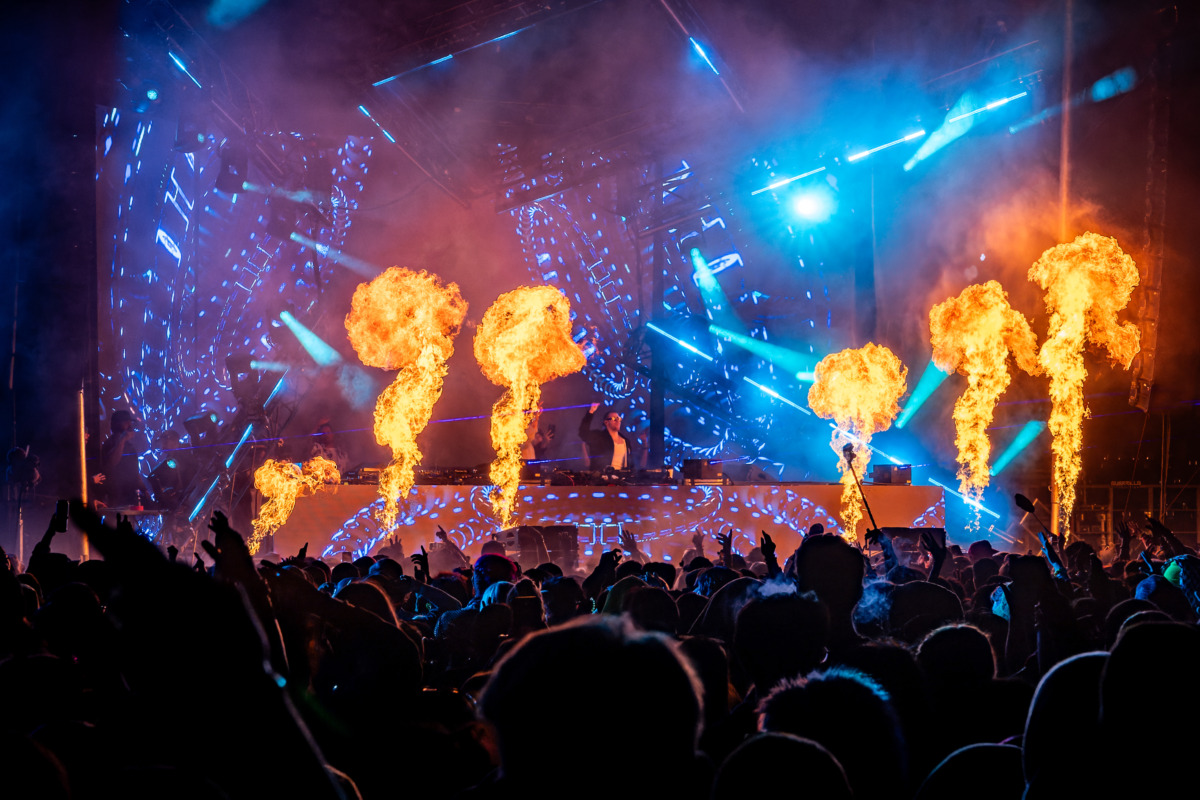WARNING: The following contains spoilers for Chapter #139 of Attack on Titan, "Toward the Tree on That Hill," by Hajime Isayama, Dezy Sienty and Alex Ko Ransom, available in English now from Kodansha.
It's been many months since the Attack on Titan manga concluded, but fans are still chewing over the ending creator Hajime Isayama chose for his incredibly popular series. So are, as it turns out, the people behind it. In a recent interview, Attack on Titan's editor Shintaro Kawakubo revealed that at one stage, a key character's fate might have been the "opposite" of what they ended up receiving. That character, as you may have already guessed, is Captain Levi Ackerman.
"Isayama said it is okay to have a story where Levi dies," Kawakubo said, according to ComicBook.com. He also detailed the thinking process behind big decisions like these, explaining: "If a character's death is meaningful, then so be it. We try to figure out whether the death is meaningful from the story's perspective. In Levi's face, Isayama reconsidered his decision." In Chapter #139 of Attack on Titan, Levi is one of many to make it through the manga's intense, final struggle to bring Eren Jaeger's Rumbling to a halt.
In the immediate aftermath, Levi, who plays an instrumental role in both directly taking Zeke Jeager down and assisting Mikasa to kill Eren, is visited by ghostly apparitions of the Scout regiment's fallen heroes -- including Hange Zoe and Erwin Smith, his closest friends -- who silently thank him for making their deaths matter by achieving victory. With the threat Eren (deliberately) posed quashed, and with him, the Titan curse lifted for good, Levi seems at peace. Isayama could have justified having him die from sheer exertion then and there, both from the hard-won battle and still reeling from the life-threatening wounds he sustained from the Thunder Spear explosion Zeke set off at point-blank range many chapters prior.
Instead, as Attack on Titan skips ahead in time for its epilogue, we discover that Levi has indeed lived on. Now in a wheelchair, he makes his way through a modernized Paradis Island with Marley's Gabi and Falco in tow, presumably en-route to give his testimony, alongside his former comrades, during the ongoing negotiations to secure world peace.
Infamous for its shock, insta-kill moments -- often compared to the bloodthirsty nature of George R.R Martin's Game of Thrones -- Attack on Titan couldn't have put a larger death flag over the fan-favorite Captain if it tried, which is why it's all the more surprising that he survived in the end. An orphan raised by a sadistically talented murderer, not the main protagonist and labeled "humanity's strongest," Levi had all the makings of a Grim Reaper-baiting, shonen frenemy. To the latter point, he consistently made for the perfect, dour foil to Eren's idealistic recklessness, from his pithy put-downs to kicks to the face.
As Eren made his face-heel turn, however, Levi was actually reasonably reluctant to abandon him entirely, spurred, partly, by the faith that Erwin once placed on the boy to lead their subjugated Island to an enlightened future. In this regard, Levi's usefulness to the story was sustained beyond him merely being an absolute tank on the battlefield, or as Eren's allied antithesis. Going back to Kawakubo's comment about "meaningful" deaths, it is tricky to glean what meaning could have been drawn from the Captain's demise in the end -- and Isayama provided plenty of opportunities before then for that to happen. The most obvious was his aforementioned, explosive confrontation with Zeke, which should have killed them both.
Zeke survived by virtue of being a Subject of Ymir and, seemingly, the Beast Titan holder, which drew his distant ancestor Ymir Fritz's attention. Levi, meanwhile, also had a blood advantage in his Ackerman heritage -- a derivative of Eldian genes that gives humans the strength of a Titan without actually being one. This may have included enhanced healing, though not nearly to the same level as an actual Titan Shifter. Alongside Eren getting his head blown off (the first time) by Gabi, Levi's death here would have only really served to cement the series' lowest 'All Is Lost' moment; an effective way to induce an emotional response in the reader, but not a gratifying end to Levi's own story.
Erwin's death greatly aided Zeke's near-defeat the first time around as well as Levi's personal development. Hange's sacrifice, becoming the sole line of defense against the Wall Titans to allow their allies to flee, was crushing (no awful pun intended...) but a fitting tribute to their bravery. It's certainly true that Levi's death in the final chapter was allowable, having fulfilled his pledge to give his friends' deaths justification and now, finally able to rest, but wouldn't have been as impactful. The ending of Attack on Titan, despite the loss of Eren and the lingering unrest in Paradis, is a far more hopeful one than you'd expect for the pitch-black, fantasy epic. Levi's survival adds to this feeling; his continuing existence giving more meaning to both his own story and the series as a whole. If Eren deserved to die, Levi deserved to live.
About The Author

